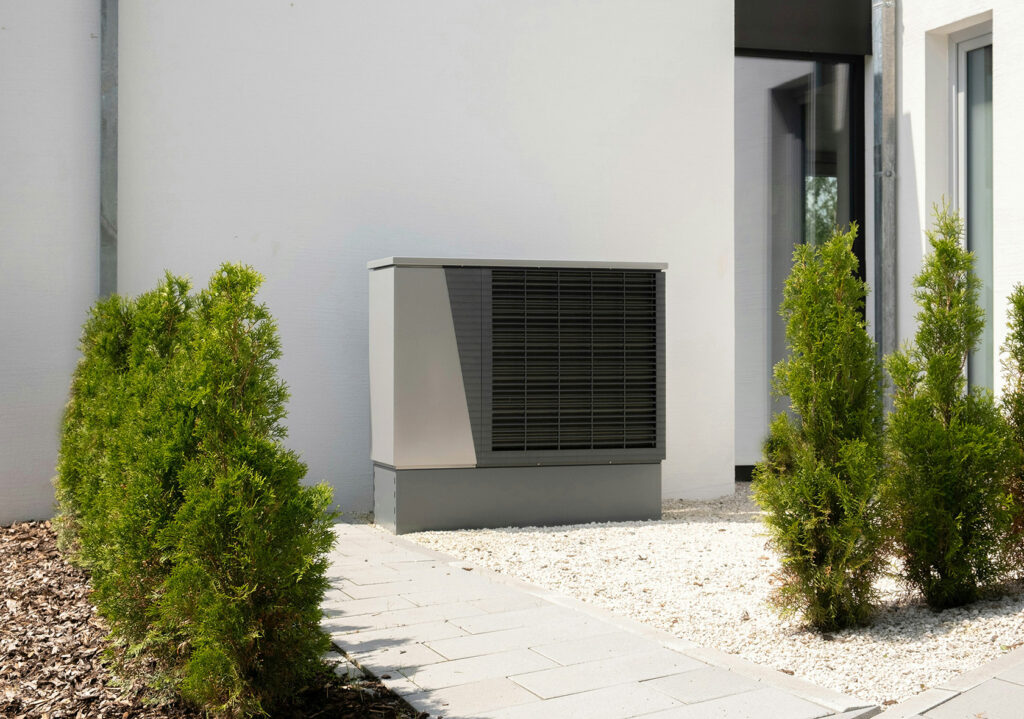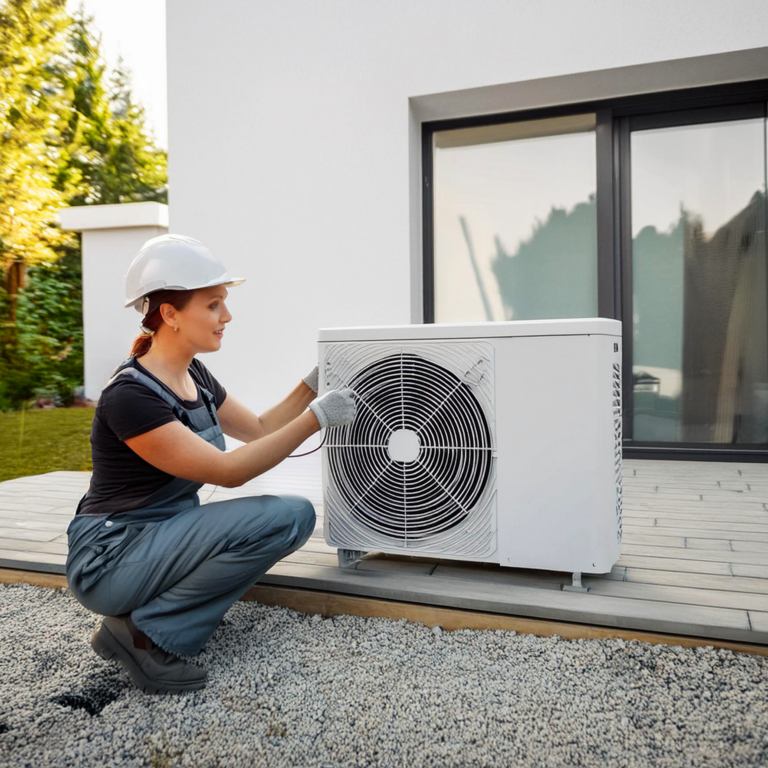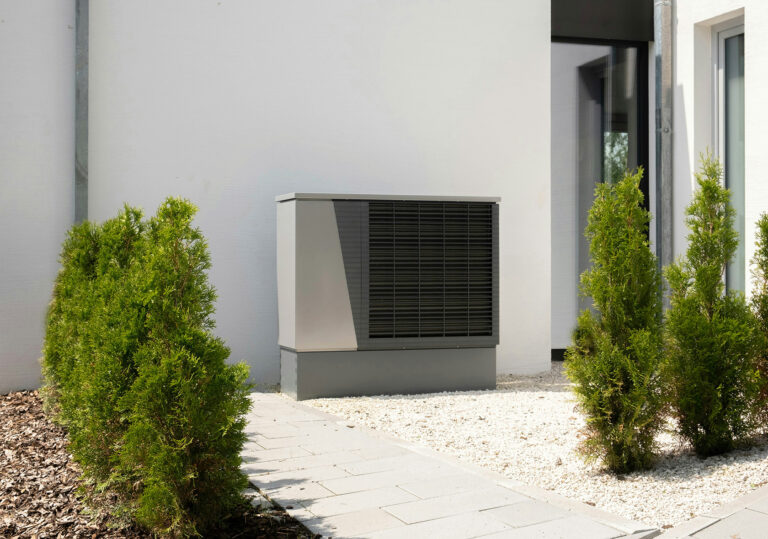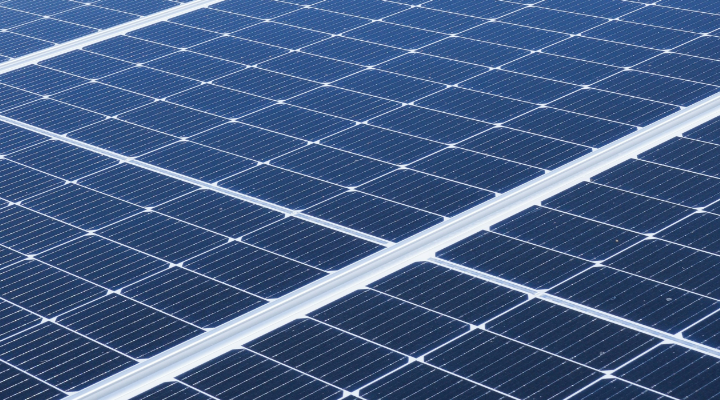
Profiles
Accelerating the Mass Adoption of Heat Pumps
Behind your home's comfort lies a hidden climate challenge: heating and cooling account for nearly half of household energy use and 20% of U.S. emissions. Phil Krinner and Sacha Schmitz are transforming the $120 billion HVAC industry with Arch, a platform that makes heat pump installations faster and more affordable. By automating system design and cutting hours off the quoting process, Arch helps contractors work more efficiently to meet rising demand.
Feb 19
How Arch Can Make Contractors More Efficient and Heat Pumps Affordable
On a crisp autumn afternoon, Phil Krinner faced a common dilemma for homeowners. He wanted to replace an old heater and contacted a dozen local installers to weigh the options. Should he choose a traditional gas furnace or switch to a more efficient electric heat pump? What seemed like a straightforward upgrade quickly became murky.
Clipboards in hand, each contractor gave Phil their estimate. The quotes varied wildly from $20,000 to $40,000. All for the same hardware. They couldn’t explain why, and Phil couldn’t figure out whether he’d save money on his energy bill. With a background in solar installation, Phil knew the importance of communicating clear benefits upfront. For solar panels, the value proposition was front and center: savings, energy independence, and planet-friendly. Yet, these selling points were hard to pin down for heat pumps.

What’s the Deal with Heat Pumps?
A gas-powered furnace heats air, or an air conditioner cools air and uses a lot of energy. In contrast, a heat pump moves heat around. In heating mode, it transfers heat from the outdoors inside. For cooling, the process reverses. The units use less energy and have other benefits, like running quietly and improving air quality, since most include advanced filtration systems.
Given the energy efficiency, installing more heat pumps is a major focus for reducing emissions. In the U.S., household energy adds up to about 20% of total emissions. In your average house, heating and cooling make up nearly half of the energy use. Meanwhile, a study from the University of California Davis found that switching to heat pumps can significantly reduce climate pollution. As Matt Simon at Wired reports, “If everyone in the United States got a heat pump, it’d slash emissions in the building sector by 36-64% and cut overall national emissions by 5-9%.”
So, why doesn’t everyone have a heat pump? That’s what Phil and Arch co-founder Sacha Schmitz dove headfirst into understanding. They shadowed contractors to understand their workflows and what gets in the way of installing more heat pumps.
The Heat Pump Bottleneck
It turns out that Phil’s struggle to calculate the total savings from a heat pump is common. Heat pumps initially gained popularity in the 1950s, yet despite hardware maturity, it’s still tough to make the financial case for getting one. A survey of over 10,000 Americans underscores the need for more clearly communicating benefits when selling heat pumps, yet as Phil soon found out, the performance of heat pumps in homes is a “black box.”
Phil spent hours shadowing contractors and uncovered a vicious cycle. Because there is little insight into the actual operational costs, it isn’t easy to calculate potential energy savings. This makes heat pumps a tough sell for contractors. On ride-alongs, Phil saw contractors spending 80% of their time on heat pump leads that wouldn’t convert, inflating costs across the board in a clear case of greenflation. “That’s not only frustrating, but it’s also a massive waste of resources,” he explains. Research from the National Renewable Energy Laboratory (NREL) also finds that high upfront installation costs are a significant barrier.
Incentives and Policies Aiding Adoption
While the financial case for a heat pump might be murky, the climate impact is clear. Rewiring America projects a need for substantially more heat pumps to meet climate goals. The good news is that a lot is being done on the policy front to encourage homeowners to switch.
The Inflation Reduction Act (IRA) provides financial incentives on top of a growing number of others from states and utilities. In September 2023, a coalition of 25 states, representing 55% of the U.S. population, committed to installing 20 million residential heat pumps by 2030. The U.S. Department of Energy (DOE) announced an additional $63 million investment to supercharge domestic heat pump manufacturing and workforce development in a supportive move.
Things are moving in the right direction, with heat pump demand now outpacing gas furnaces. Yet, an installer bottleneck makes it nearly impossible to get one during peak seasons.
Bringing Intelligence to Installations
Combining Phil’s solar background with Sacha’s software expertise and founder experience, Arch is scaling a platform to help contractors work more efficiently and meet increasing demand. The automated platform designs a system within minutes using publicly available home data like square footage, number of rooms, and construction date. This cuts hours off the quoting process and eliminates the need for on-site visits to measure rooms, inspect radiators, and assess ductwork.
Reducing the upfront time spent on proposals helps alleviate some effects of the labor shortage while bringing down high installation costs for homeowners. If it becomes easier to sell a heat pump, contractors will likely recommend one more often. HVAC contractors are the first point of contact for most people who typically replace a furnace or air conditioner in an emergency. It’s an unplanned purchase that often happens in the dead of winter or a heatwave. So, presenting a clear cost analysis at purchase is crucial to encouraging people to switch.
As Arch learns about the actual costs of heat pumps, it aims to unlock more affordable point-of-sale financing, making the switch to a heat pump the most compelling option for homeowners.
With falling technology costs, price volatility for traditional energy sources, and compelling incentives for heat pumps, Arch is well-positioned to capitalize on the exponential growth of an industry expected to mimic solar.
Victoria Beasley, Gigascale Capital
Focus Can Unlock Massive Impact
The B2B approach may seem niche, but it has the potential to accelerate growth in the HVAC industry. Addressing the workflow bottleneck for contractors is crucial to scaling up heat pumps. The effects of a labor shortage and time-consuming processes compound the challenge. High upfront installation costs and unclear savings make it difficult to justify getting a heat pump today. The reality is that most people will choose the more affordable option, so reducing these upfront costs is essential to making heat pumps the obvious choice.
Ultimately, by bringing intelligence to heat pump installations, Arch can clarify and make a compelling financial case for switching to heat pumps.
Featured Posts

News
Arch Covered on Wired: The One Thing That’s Holding Back the Heat Pumpcall_made
May 6

News
Arch Shares Its Plan to Help HVAC Contractors Install More Heat Pumps on TechCrunchcall_made
Feb 15

Insights
Victoria Writes About the Rise of Hard Tech on CleanTechnicacall_made
Mar 5